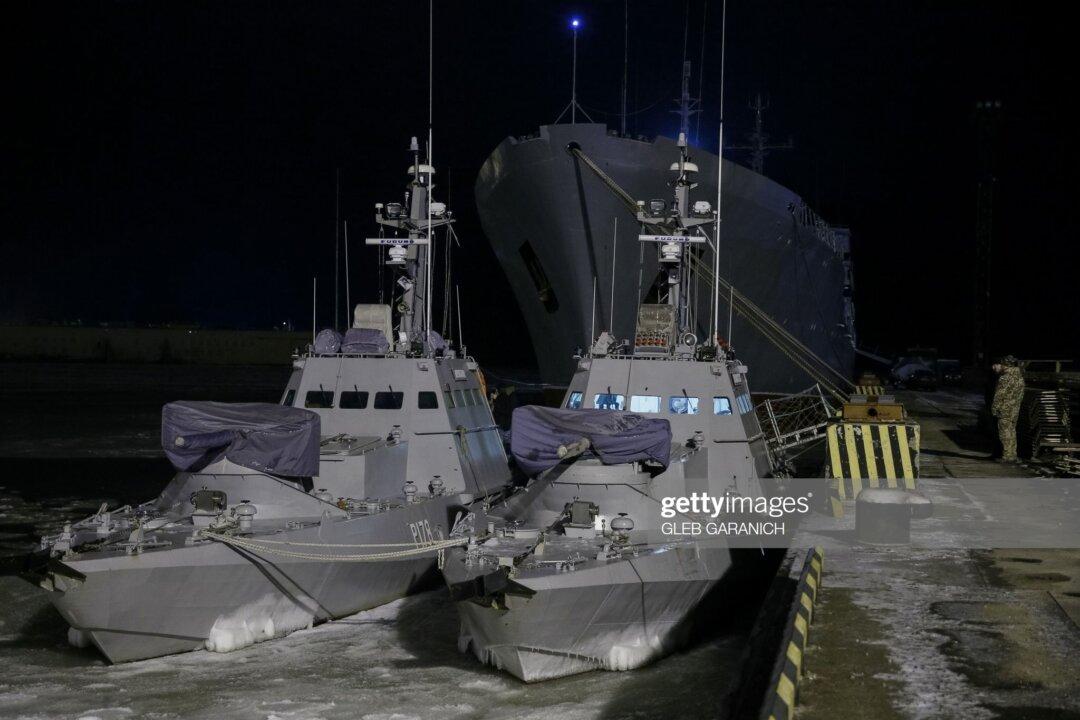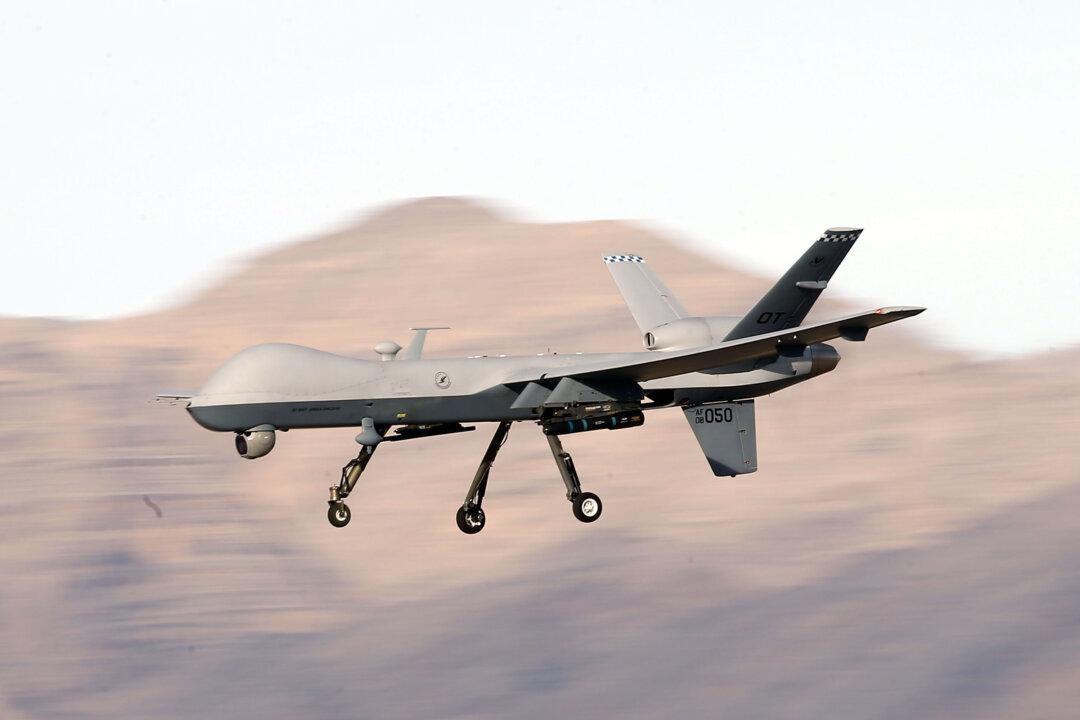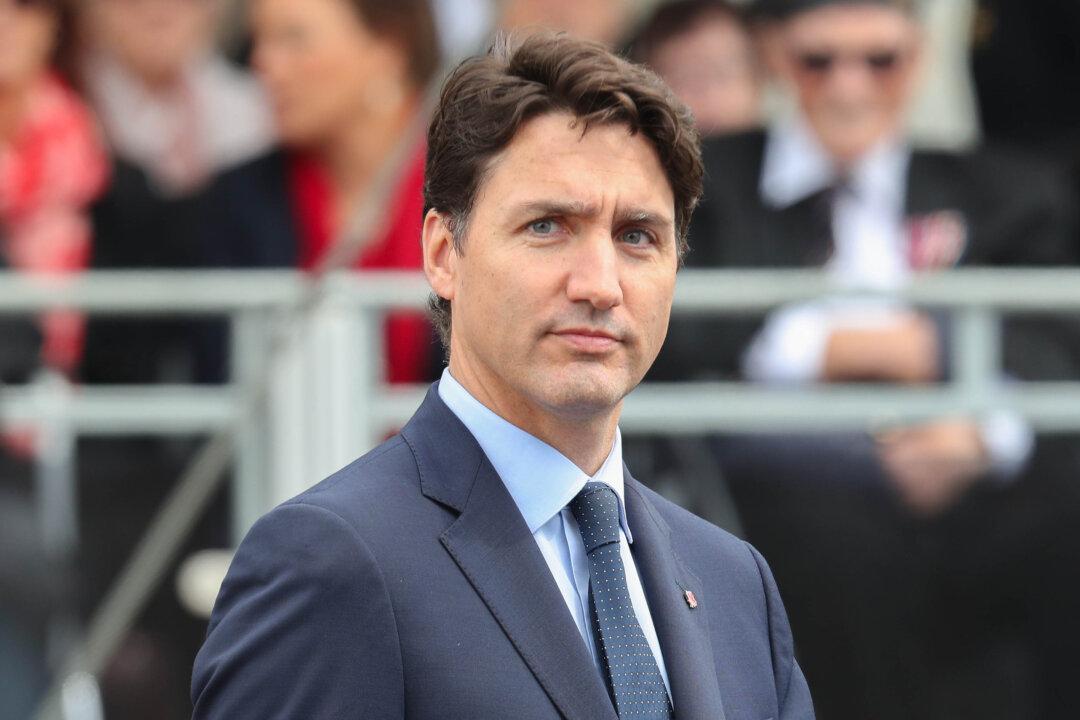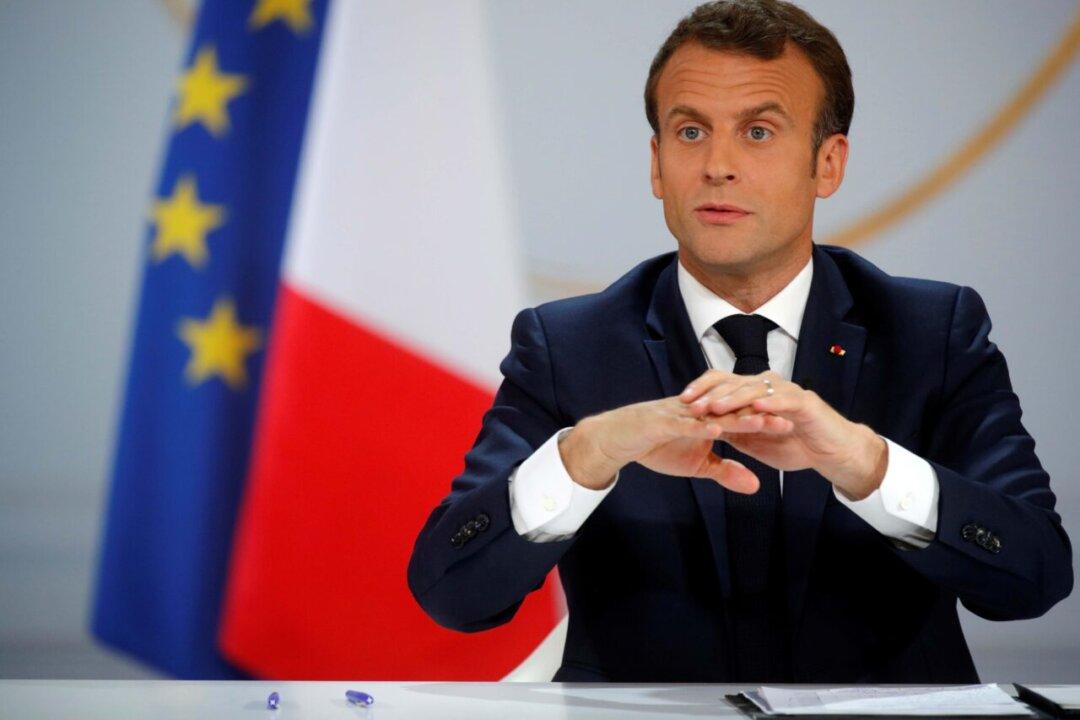Seventy years ago, when I was a child, what then was designated “Armistice Day” for the memory of the “Great War” was more simple and straight-forward. It was simply a mnemonic curiosity that the armistice had concluded on the “the 11th hour, of the 11th day, of the 11th month” of 1919. The timing merely seemed to be a bit of “PR” cleverness before “PR” was invented. Lapel pin “poppies” (now entirely passé in the United States) were standard.
But a World War I veteran was hardly unique. My local grocery store owner was a WWI vet. And, virtually every adult male in Scranton, Pennsylvania, was a WWII veteran. It was something of an oddity for a man not to have served (several of my uncles were veterans, but my father, as a new father when the Japanese attacked Pearl Harbor, and over 30 years old, was exempted).





